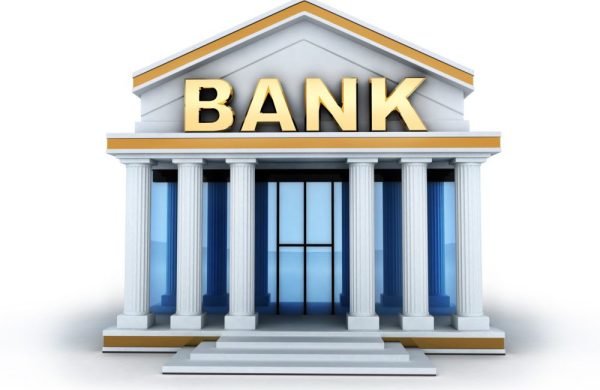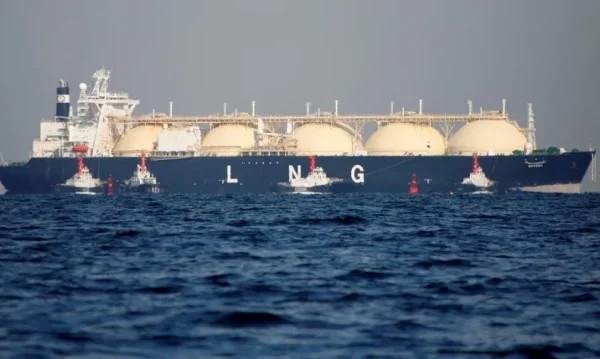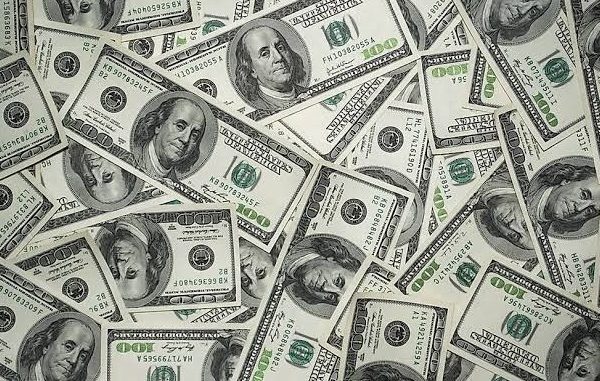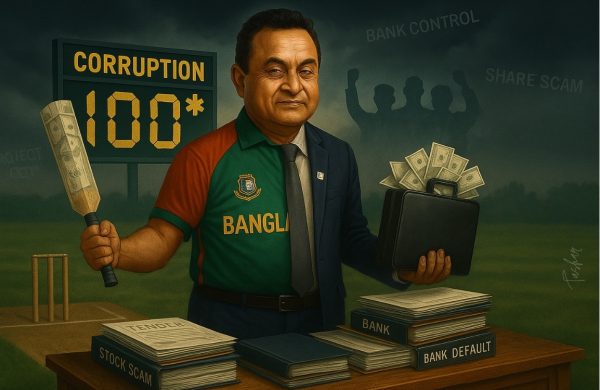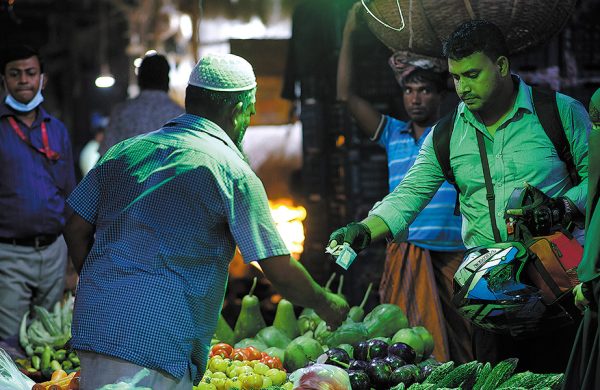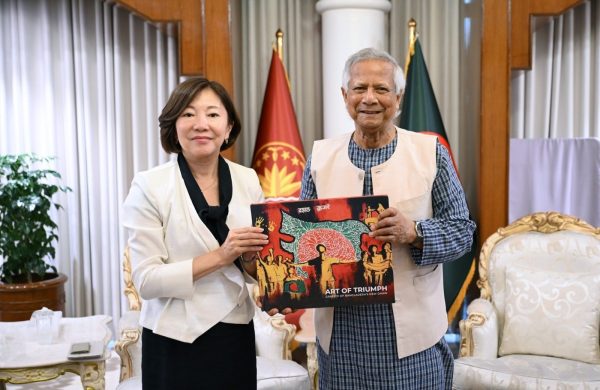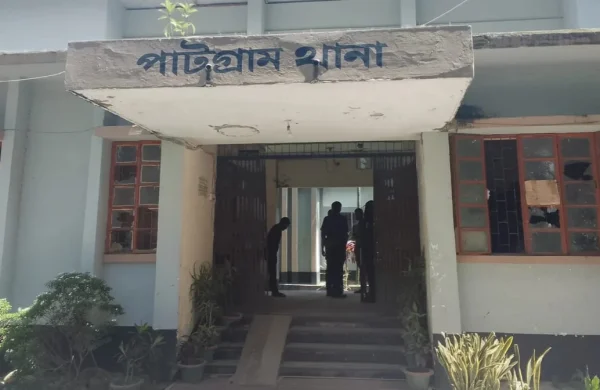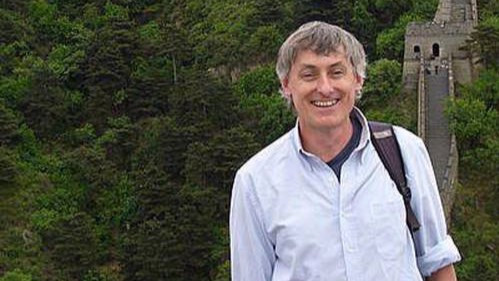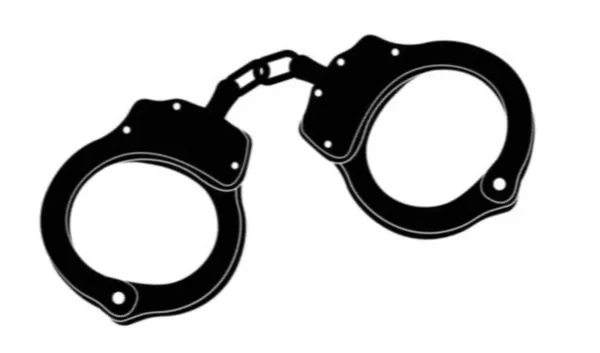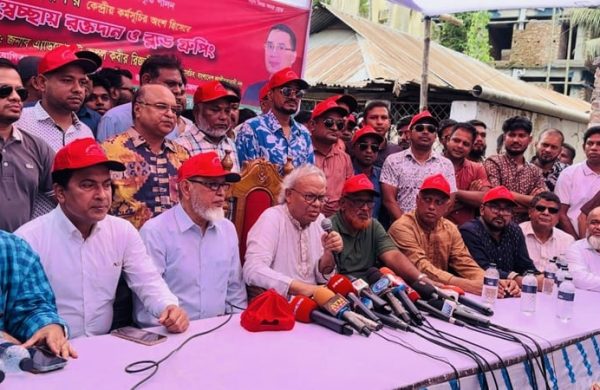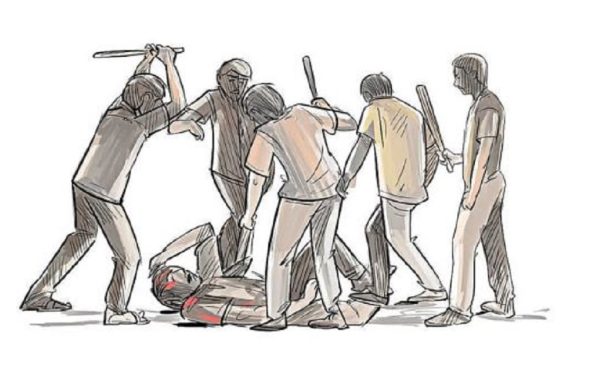Fix politics first to achieve economic growth
- Update Time : Sunday, January 12, 2025
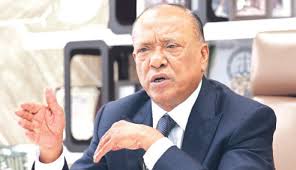
TDS Desk:
Abdul Awal Mintoo, former President of the FBCCI, is the Vice Chairman of BNP (Bangladesh Nationalist Party). He is the chairman of several prominent business organizations, including Lal Teer Seed, North South Seed, Pragati Life Insurance, and National Bank. In an interview, Mintoo discusses the private sector, politics, economy, and pressing national challenges.
WHAT KIND OF CHALLENGES DO YOU SEE IN THE COUNTRY’S ECONOMY?
To improve the economy, three issues are critical: Social Order: Without proper law and order, conducting business is impossible, and new investments won’t materialize. Banking Sector Turmoil: The sector has been plagued with irregularities in loan distribution for years, and the Bangladesh Bank failed to address these issues earlier. Many banks were controlled by specific families. Now, Bangladesh Bank is attempting strict oversight, but it’s creating disruptions. High Inflation: The current contractionary monetary policy to tackle inflation, combined with tight banking regulations, is contributing to instability.
FOOD PRICES HAVE SKYROCKETED RECENTLY. HOW CAN THIS BE CONTROLLED? HOW EFFECTIVE ARE THE GOVERNMENT’S MEASURES?
Price control is tied to production and supply. We’ve transitioned from a politicized system I call “politics of miscreants” to “elitist politics.” Advisers often lack experience in production or investment, making them unfit to manage production effectively. About 99% of the population are consumers, of which 80% are poor or middle-class. They are bearing the brunt of rising prices. Advisers’ lack of understanding harms business and production management.
WHAT ARE THE PREREQUISITES FOR SUCCESSFUL REFORMS?
A societal framework has been established where businesses cannot thrive without political patronage. Politicians have created this environment, and now blame is being shifted to the business community. Over the last 15-20 years, politics has overtaken economics, with politicians controlling business. Reforms require constitutional and institutional restructuring, but without public involvement, reform efforts will be superficial.
AROUND TK2 TRILLION HAS BEEN SIPHONED OUT OF THE COUNTRY. CAN THIS MONEY BE RECOVERED?
The Governor and economic advisers claim Tk2 trillion has been laundered, but they need to understand international laws and global trade practices before discussing recovery. I wouldn’t call the government disconnected from the people, but they need to rethink their actions and communicate more coherently. Their statements often create confusion. Accurate data and clear strategies are essential.
AS THE CHAIRMAN OF NATIONAL BANK, HOW DO YOU ASSESS THE BANKING SECTOR?
The banking sector is in poor condition, and National Bank is no exception. While the future is uncertain, we are committed to ensuring that the bank isn’t debt-driven. If the banking sector fails, the entire economy will follow.
WHAT’S THE SOLUTION TO BREAKING AWAY FROM SYNDICATES?
For the past 15 years, political syndicates have dominated, spawning smaller syndicates in different sectors. While the control of certain products is undeniable, syndicates primarily operate at higher levels, often tied to politics.
HOW CAN THE FINANCIAL SECTOR RECOVER FROM ITS FRAGILE STATE?
Recovery depends on the central bank’s actions. Unfortunately, the Governor seems to follow IMF prescriptions rather than practical advice. Without grounding decisions in local realities, the financial sector and the economy will worsen.
HOW CAN POLITICAL PATRONAGE IN BUSINESS ASSOCIATIONS BE ELIMINATED?
Private sector organizations must be freed from political influence. Over the last 15 years, the wealthy and the politically connected have divided into two groups: those who create wealth and those who exploit it. The latter group often launders money abroad, exacerbating inequality.
WHO BEARS GREATER RESPONSIBILITY FOR RISING INEQUALITY—POLITICIANS OR BUSINESSES?
Politics and economics are interdependent. If inequality has worsened, politics bears more blame than business. Unless politics is reformed, the economy cannot stabilize. Political centralization and excessive control must be reduced to ensure equitable economic growth.
RECENT UNREST IN INDUSTRIAL ZONES—HOW MIGHT THIS IMPACT PROGRESS?
Law and order have deteriorated, and unrest in industrial zones has increased. Productivity has been declining for 15 years and worsened over the last five years. Worker dissatisfaction and social unrest are growing, which will have long-term economic consequences. Immediate resolution is essential.
HOW DOES DECLINING PRODUCTIVITY AFFECT THE DOMESTIC MARKET?
Industries aren’t operating efficiently, impacting production. Without adequate production, domestic demand cannot be met, leading to higher inflation. The government lacks clear strategies to enhance productivity and exports.
WHY ARE GOOD BUSINESSMEN TURNING INTO DEFAULTERS?
The root cause lies in mismatched financing—short-term deposits funding long-term investments. Many entrepreneurs fail to generate profit and eventually default. Systemic flaws in investment planning and financing need to be addressed.
WHAT’S THE SOLUTION TO HARASSMENT AND ECONOMIC DISRUPTION CAUSED BY AUTHORITARIANISM?
The economy cannot improve without political stability. Entrepreneurs who create wealth and employment face undue scrutiny, while wealth accumulators evade accountability. Policymakers must distinguish between the two groups to resolve systemic issues.
LOAN DEFAULTS ARE RISING—HOW CAN THIS BE ADDRESSED?
Loan defaults will continue unless structural problems are resolved. Over the past 15 years, a few political groups have gained control of financial institutions, leaving most banks under family or political influence—a rare occurrence globally.
WHERE DO YOU SEE THE COUNTRY’S ECONOMY HEADING?
I envision Bangladesh transitioning from a developing nation to a developed one. For this, we need sound policies, investment growth, and job creation. Inequality leads to crime and unrest. The real responsibility lies with those controlling politics and the economy.


